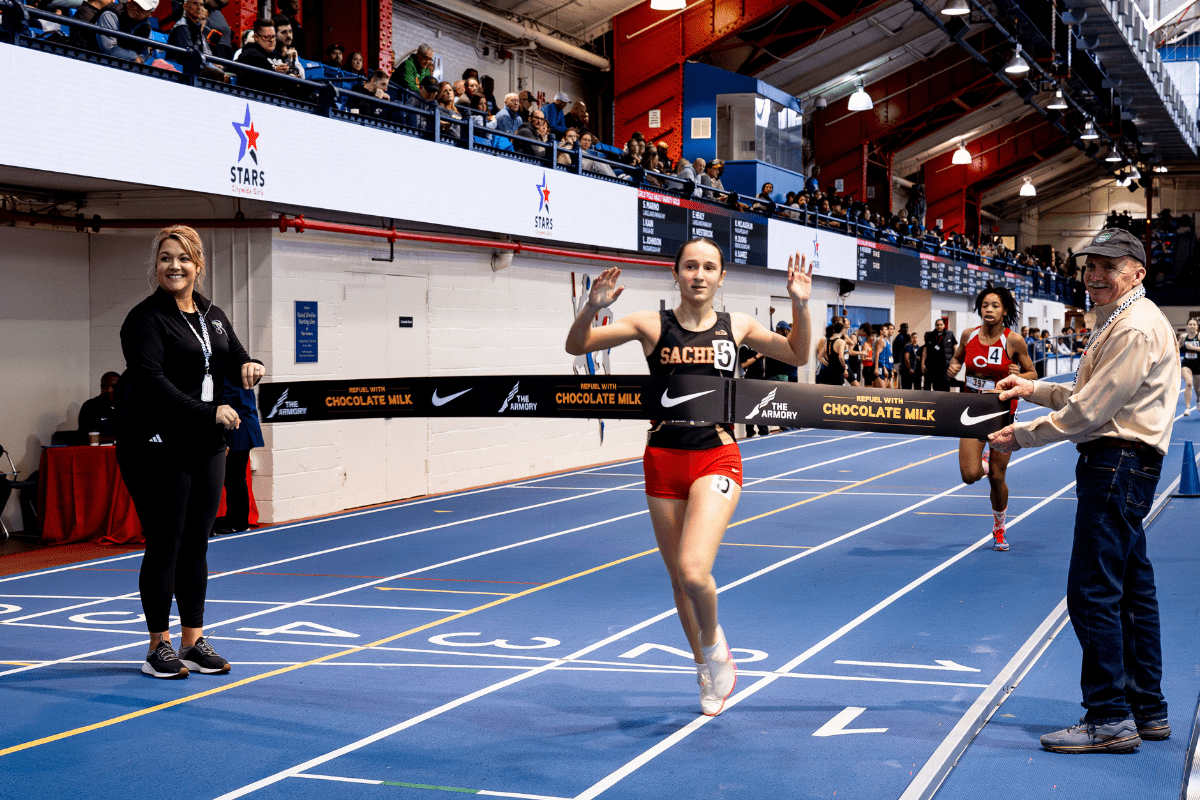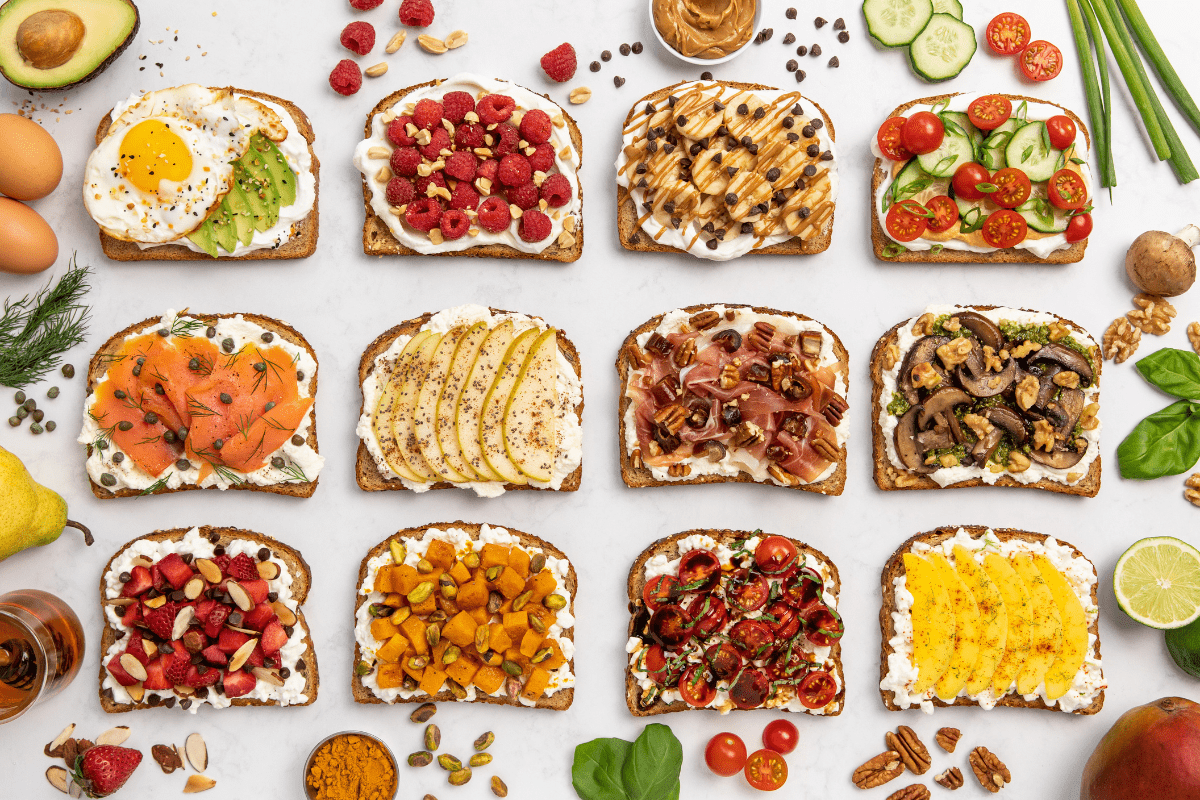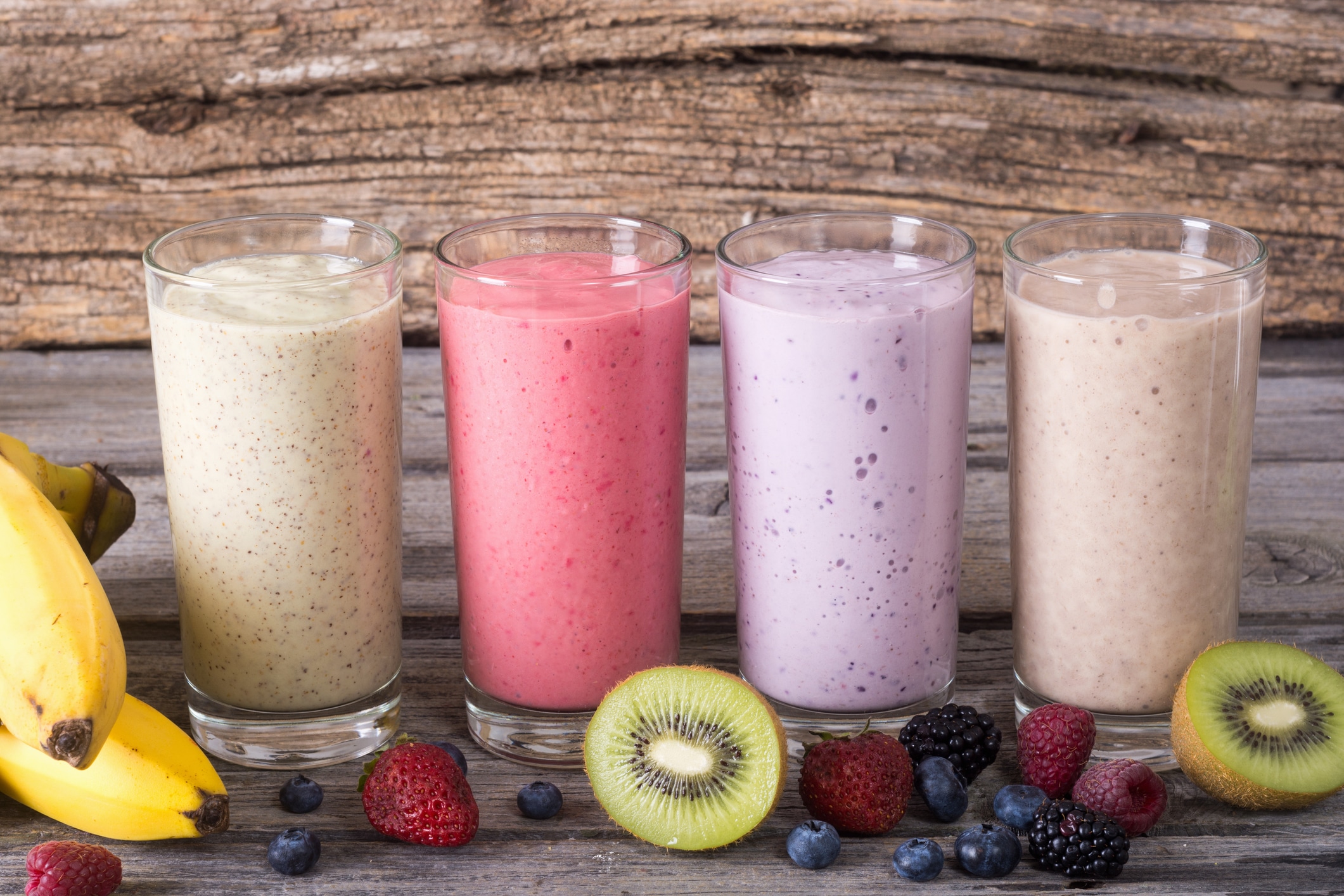Three Keys to Building Muscle Mass
Building muscle mass is important to increase overall athletic performance. To assist with gaining strength and size, here are three key nutrition strategies for athletes to consider:
- Eat the right types of foods: carbohydrates, protein, and fat.
- Consume adequate calories based on your estimated needs. (Example: A 165-pound (75 kilogram) athlete, needs between 3,000 and 4,500 calories each day)
- Eat at the correct times throughout the day.
Right Types and Amounts of Food
Carboydrates
Carbohydrates provide the energy needed to fuel growth and development. So, it’s critical to consume enough carbohydrates each day. While carbohydrate recommendations vary based on body composition, activity level, training program, and goals, it is important to note that the
hours and minutes before and after training are key muscle fueling and building periods.
*Example: A 165-pound (75 kilogram) athlete, needs about 375-525 grams of carbohydrate each day.
Before a Workout – For quick usable energy, fast-digesting carbohydrates, like simple sugars, are best to eat around workouts, especially in the pre-workout period. When eaten before activity, they can help preserve some of your muscle glycogen stores.
After a Strenuous Workout – It’s also important to eat carbohydrate-rich foods after exhaustive training to help quickly restore some of the muscle glycogen used during exercise. Fruit and dairy products are fantastic options to consume around activity.
Throughout the Day – Slower-digesting carbohydrates, like fiber-filled grains, starches, vegetables, and legumes are great during other periods of the day. They help provide more energy and micronutrients needed for a complete and balanced diet.
Protein
Protein supports muscle recovery and is vital for building muscle. High-quality proteins, including those found in dairy products and beef, contain all the essential amino acids needed to build new muscle tissue. *Example: For a 165-pound (75 kilogram) athlete, that is between 90-150 grams of protein each day.
Throughout the Day – to support the building and repair of muscles, it is optimal to spread daily protein intake evenly throughout the day. Eating more protein than needed will not result in bigger muscles. It’s the right amount (for your body weight), the right types of protein, and consuming it at the right time of day.
Fat
Fat assists with many important functions in the body, including the digestion and absorption of protein and carbohydrates. Since fat is the most energy-rich macronutrient—9 calories per gram—eating enough is necessary to get sufficient total daily calories. In athletic training, fat is a great energy source for long workouts and practices, especially at lower intensities.
Throughout the Day – The amount of fat an athlete requires is highly dependent on how many total calories they need in a day. *Example: A 165-pound (75 kilogram) athlete needs a minimum of 75 grams of fat per day, plus more to help meet daily calorie goals.
Nutrient Timing to Build Muscle Mass
Trying to build muscle? When you eat is just as important as what and how much you consume.
Post Workout Recovery
After a strenuous training session is a key time to refuel and rehydrate because muscle activity is high during this time. Eat carbohydrate-rich foods to help restore muscle energy and protein-rich foods to support muscle recovery, repair and to build new muscle tissue. Consuming nutrients immediately after activity also gives the body more time to recover for your next workout. That’s important especially for student athletes who have regular sport practices during the season. Check out these 10 post-workout snacks to fuel muscle recovery.
Consistency is Important
Nutrient timing can increase your muscle-building potential by providing your body with the right nutrients at specific times. The easiest way to accomplish that is to consistently eat 4-5 balanced meals, at regular intervals, in addition to post-exercise refueling.
A Stress-free Fix
An easy way to get a wide variety of nutrients, at the right times throughout the day, is by consuming dairy products. Not only do they contain carbohydrates, protein, and fat, but they also provide a wide range of essential vitamins and minerals to support overall health, bones, and muscles. Nutrients like calcium, vitamin D, and magnesium help keep bones strong. Milk supplies fluid to help keep your body well-hydrated while training.
As a sports dietitian with the National Football League™ (NFL), I recommend dairy products to the players daily to help them build muscle in the off-season and recover from football in-season. Some of our favorite products are chocolate milk, Greek yogurt, and whey protein powders. The players also make a variety of different protein shakes and smoothies because they’re a convenient way to get the nutrients needed for muscle growth and recovery while on the go.
One NFL Team’s Favorite Recipe
The Hulk
- 8 ounces whole milk
- 1/2 frozen banana
- 1 cup fresh kale
- 2 tablespoons peanut butter
- 1 scoop vanilla protein powder (~20g protein)
- ½ cup Ice
Put all ingredients in a high-powered blender and process until smooth and enjoy!





